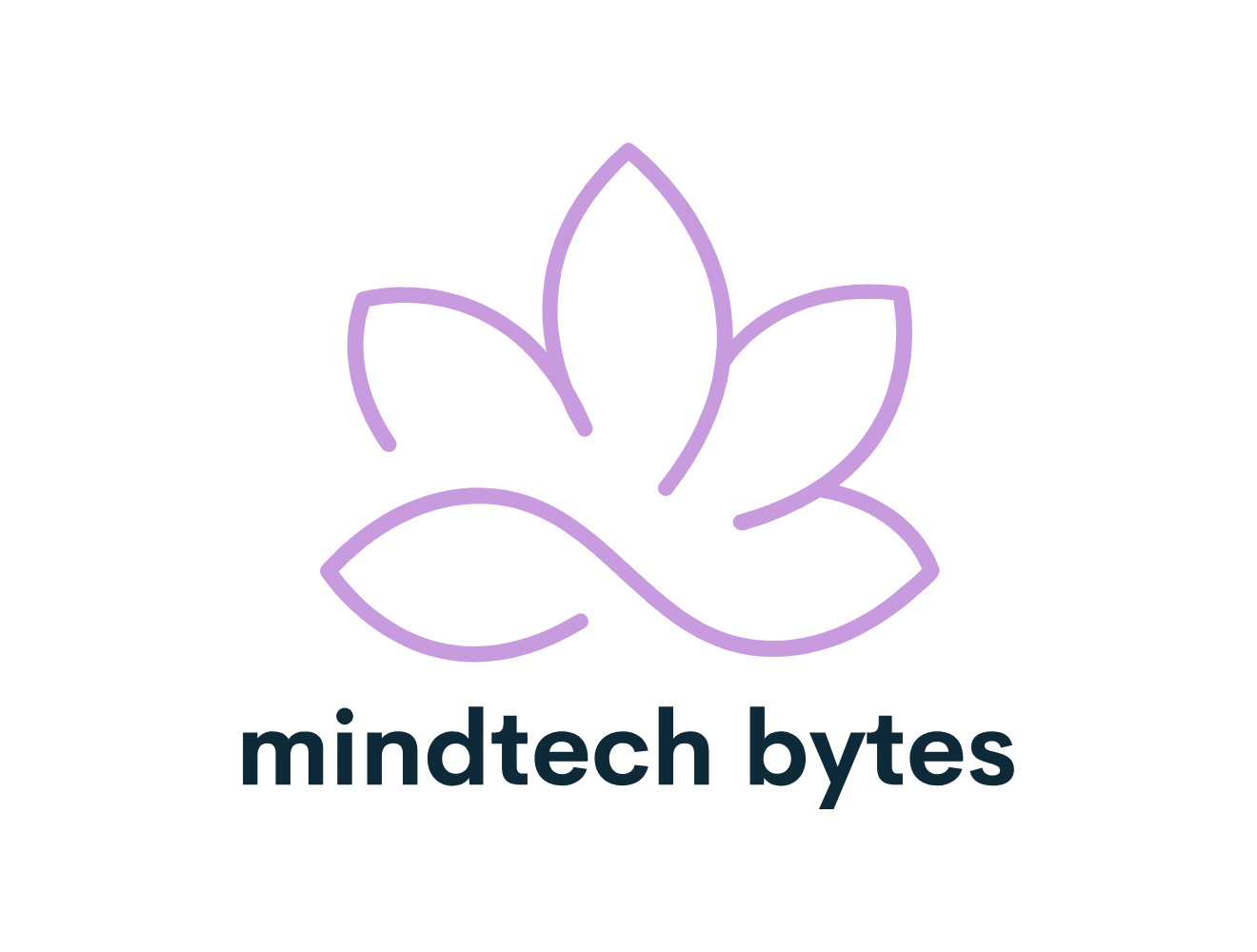Mental Health and Social Media: Is the Connection Real?
The Double-Edged Sword of Social Media
Social media has become an integral part of our daily lives, and it’s hard to imagine a world without it. With the constant stream of updates, likes, and comments, it’s no wonder we’re hooked. But, is social media doing more harm than good to our mental health? Let’s dive in and explore the benefits and disadvantages of social media usage on our mental well-being.
The Good Stuff: Benefits of Social Media
Connection and Community
Social media has revolutionized the way we connect with others. With a few taps on our screens, we can stay in touch with friends, family, and like-minded individuals from all over the world. This can be especially beneficial for those living with social anxiety, depression, or other mental health conditions, as it provides a sense of connection and belonging.
Self-Care and Self-Expression
Social media can be a powerful tool for self-care and self-expression. Many users share inspiring stories, art, and music, which can be a great source of motivation, inspiration, and entertainment. It’s also a platform for people to share their personal struggles and triumphs, promoting a sense of solidarity and understanding.
Learning and Education
Social media can be an excellent resource for learning and education. With the vast amount of information available, users can access courses, tutorials, and expert advice on a wide range of topics, from mental health to personal development.
The Not-So-Good Stuff: Disadvantages of Social Media
Comparison and FOMO (Fear of Missing Out)
Social media can be a breeding ground for comparison and FOMO. It’s easy to get caught up in the constant stream of updates, wondering what others are doing, and feeling left out. This can lead to feelings of inadequacy, low self-esteem, and anxiety.
Unrealistic Expectations and Pressure
The curated lives we see on social media can create unrealistic expectations and pressure to conform. This can lead to feelings of inadequacy, shame, and low self-worth.
Sleep Disturbances and Addiction
The constant notifications and endless scrolling can disrupt our sleep patterns and lead to addiction. This can have serious consequences for our mental and physical health, including increased stress, anxiety, and depression.
The Verdict: A Balanced Approach
While social media has its benefits, it’s essential to be aware of its downsides and take steps to maintain a healthy balance. Here are some tips to help you stay on the right track:
- Set boundaries and limits on your social media use
- Practice self-care and prioritize your mental health
- Be mindful of comparison and FOMO
- Use social media for education and connection, not validation
Key Takeaways:
- Social media can be a double-edged sword, with both benefits and drawbacks for our mental health.
- Awareness of the potential negative effects is crucial for maintaining a healthy balance.
- By setting boundaries, practicing self-care, and being mindful, we can harness the benefits of social media while minimizing its negative impact.
Frequently Asked Questions:
- Q: Is social media bad for my mental health?
A: It depends on how you use it. Be aware of the potential downsides and take steps to maintain a healthy balance. - Q: How can I avoid FOMO on social media?
A: Set boundaries, prioritize self-care, and focus on your own goals and aspirations. - Q: Can I still use social media if I’m struggling with mental health issues?
A: Yes, but be cautious and take steps to maintain a healthy balance. Consider talking to a mental health professional for personalized guidance.


